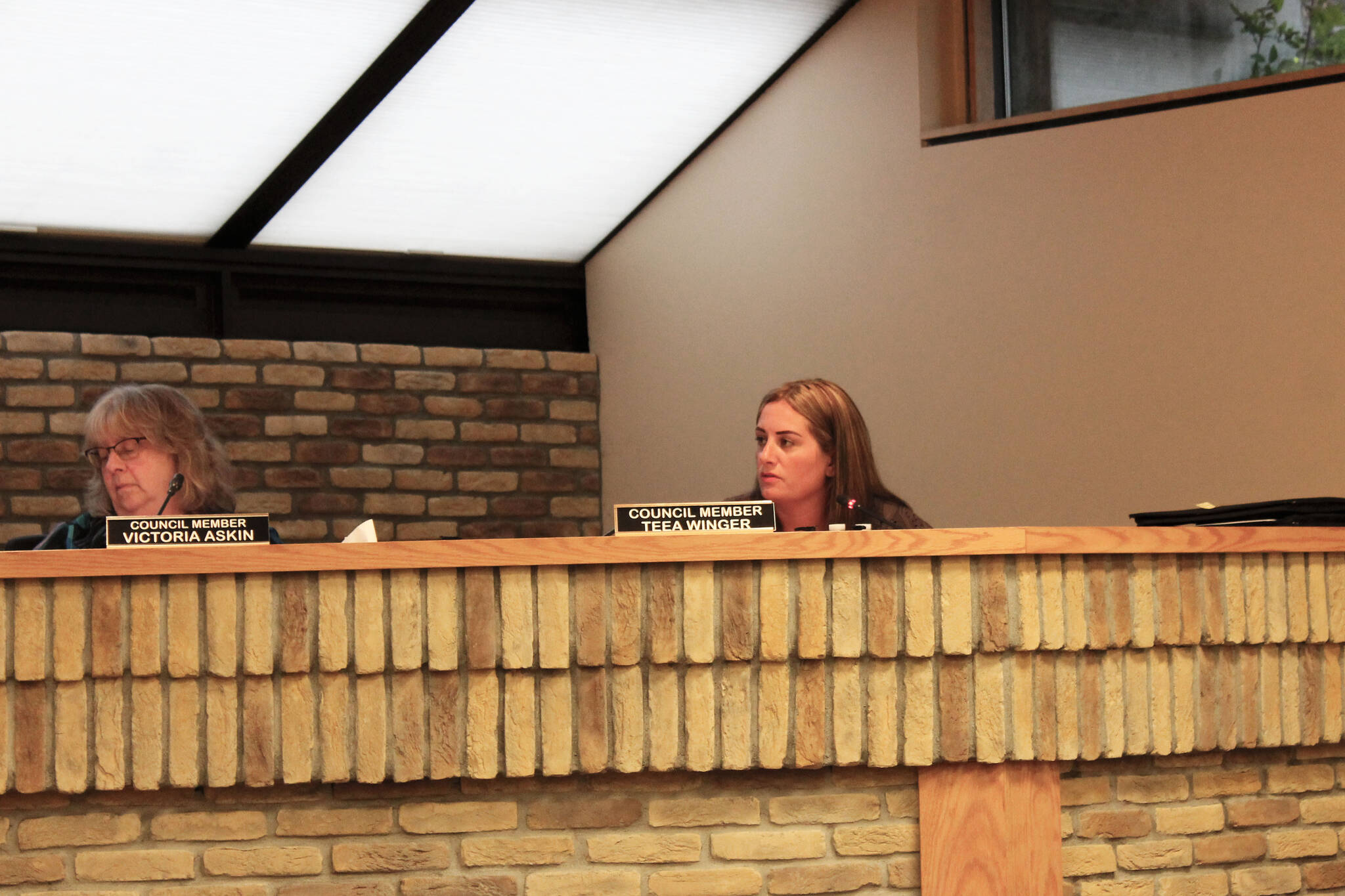The City of Kenai will use $95,000 to determine the feasibility of revitalizing the city’s waterfront area from Millennium Square to the Kenai Dock, following approval of the funds by the Kenai City Council at their Wednesday night meeting.
Development of the city’s waterfront was identified as a priority by the city in its “Imagine Kenai 2030” comprehensive plan, which was approved by the Kenai City Council in 2016. Kenai City Manager Paul Ostrander has called the region “untapped potential” for the city and expects waterfront revitalization and economic development incentive programs to work together to create a better environment for Kenai businesses.
Proposed incentive programs described by city documents include, in addition to waterfront revitalization, exempting economic developments from city property tax, which the plan says would incentivize capital investment, and exempting depreciating properties from city tax, which would encourage the development of deteriorating buildings.
Members of the public and land owners voiced their support for the revitalization of the area at a public work session last month and proposed ideas about what that revitalization could look like. Port of Kenai LLC Owner Chidem Cherrier, for example, during the August work session offered visions of a fisherman’s wharf or boardwalk in the area.
The feasibility study funded through the legislation passed Wednesday would analyze market conditions, recommend necessary changes to existing city plans and zoning, assess infrastructure needs and prepare conceptual plans for site redevelopments, among other things, according to an Aug. 10 memo from Ostrander to the city council.
“The intent of this feasibility study is to determine what the city can do, in a multitude of ways, to incentivize the type of development that the community wants in this area,” Ostrander said Wednesday.
Council member Teea Winger said she supports working with private landowners but that she’s concerned about the city using money to study and assert plans for private land and would rather see the money put directly toward incentive programs.
“I have some concern that if we start telling private business owners what our view of their properties are (and) what we would like to see them do with their properties that that could actually impact future investments and development within our city,” Winger said. “They’re always going to think ‘If I buy this land, is the city going to do a study and tell me what their vision is of our land?’”
Winger also said she has heard concerns about the feasibility study being “government overreach” and questioned whether or not Assistant to the City Manager Christine Cunningham was qualified to oversee the project when the city recently hired a project manager.
“This is one of the things that’s specifically in her job description,” Ostrander said of Cunningham, adding that the project manager recently hired by the city is meant to manage capital projects as opposed to special projects. “She’s got experience managing similar type projects in the past.”
Council member Glenese Pettey, who attended Wednesday’s meeting remotely, pushed back against the idea that the study is overreaching and said that hiring a third-party consultant will help keep the process unbiased.
“I think it’s very forward-thinking and not overreaching,” Pettey said.
Vice Mayor Bob Molloy said he also views the study differently than Winger — as collaborative — and recalled property owners who spoke during the August work session in favor of exploring development of their land.
“I don’t see the outcome of this as being telling these 14 private property owners what they can do with their property, but more like these are a lot of opportunities that you may have for developing your property,” Molloy said. “Implementing that would take a while … and they would certainly have the opportunity to participate in that vision. If the vision didn’t fit their property, they wouldn’t have to participate. Nobody is going to make someone put a waterfront restaurant in a property if they don’t want to.”
The council approved funding the study by a vote of 6-1, with Winger voting in opposition. The council’s full meeting can be viewed on the City of Kenai’s YouTube channel.
Reach reporter Ashlyn O’Hara at ashlyn.ohara@peninsulaclarion.com.

